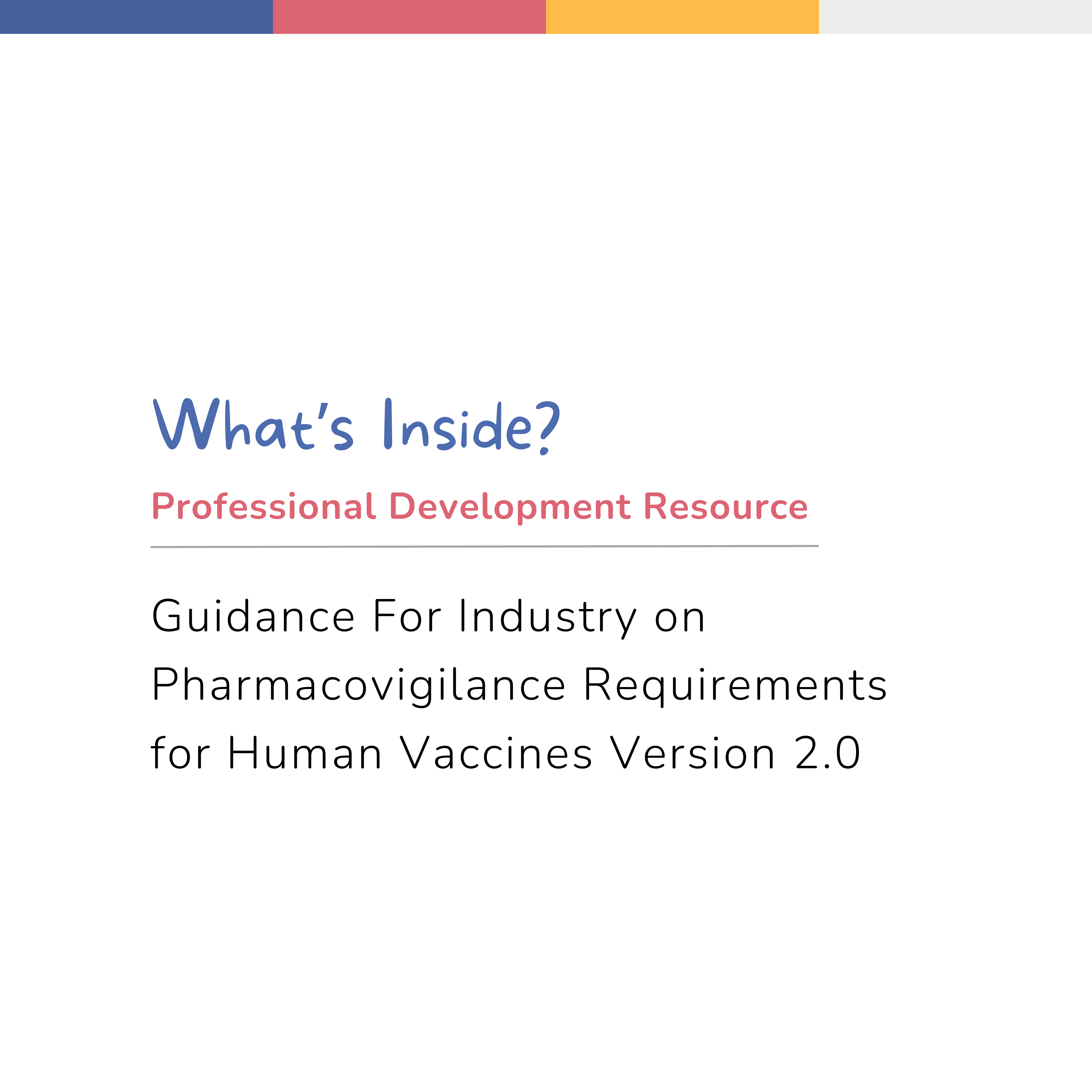ID Professional Development.
Pharmscape's Infectious Diseases Professional Development section is a comprehensive space designed to equip healthcare professionals, researchers, and students with the knowledge and skills necessary to combat infectious diseases effectively. We focus on promoting expertise in areas such as clinical management, epidemiology, antimicrobial stewardship, diagnostics, and research innovations. With curated resources, interactive tools, and global networking opportunities, Pharmscape ensures that participants are well-prepared to address the challenges of infectious diseases in a rapidly evolving healthcare landscape.


